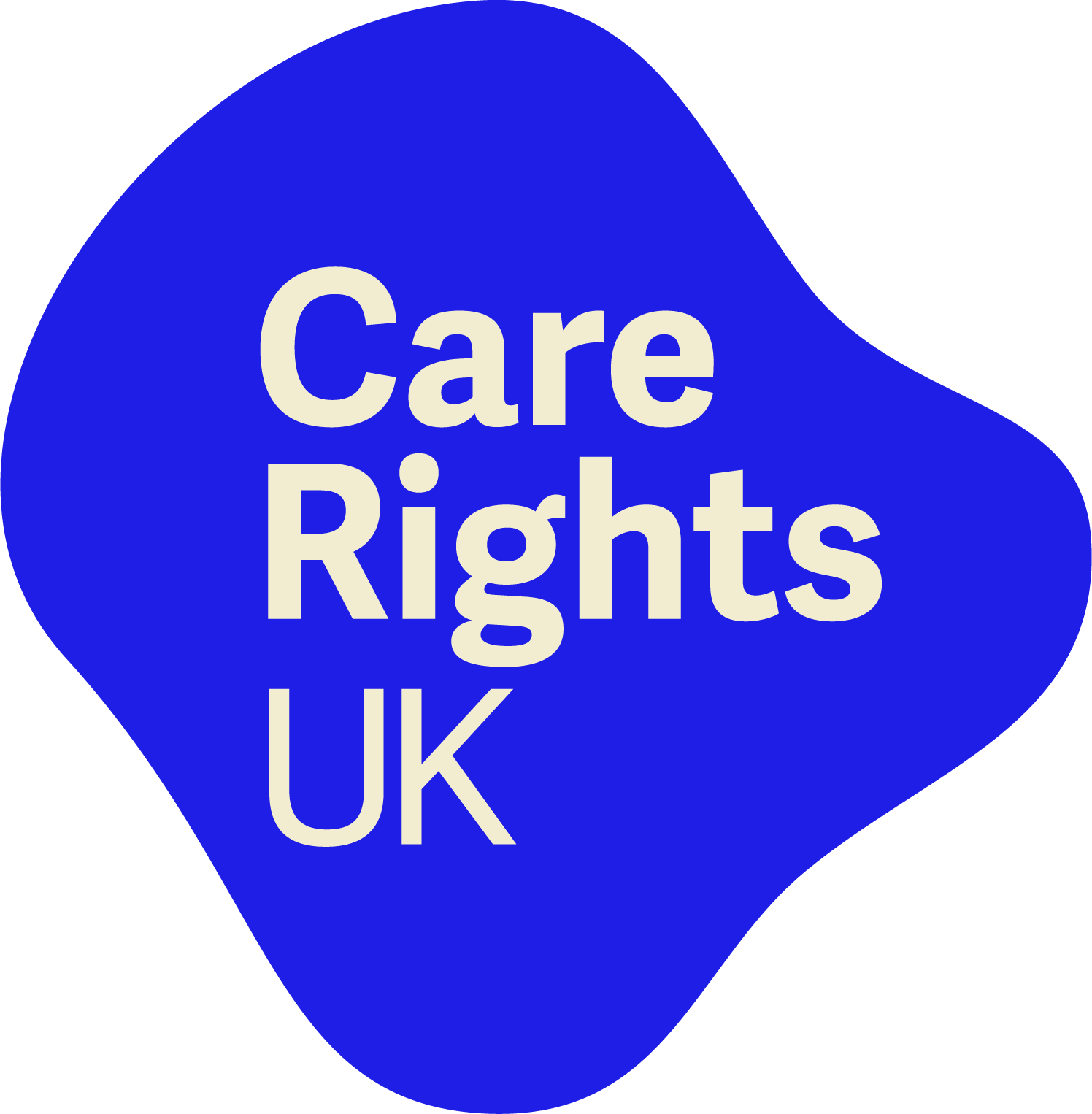Connecting with mum
On Monday 8 March I got to visit my mum in her care home and hold her hand. It was precisely 382 days since I last held her hand.
Living through this time apart has been hard for all of us but for mum it has meant a sharp decline to advanced dementia. She has lost so much of her cognitive function in the past 12 months that all the options open to me and my sisters (garden visits, booth visits and Skype) were simply a means to ‘view’ her. I was grateful and they provided some comfort to me but really, they weren’t useful for mum.
All that changed on 8th and there was a marked difference to the way the visit felt. As mum was wheeled into the visiting room, I said, “Hi mam” and she replied with a firm “Hello”. This was a first! Throughout all the visits she had never greeted me. She rarely even looked in my direction. I’m sure being in the warm cosy visiting room and sensing someone right next to her made a difference. I was thrilled!
Of course, the first thing I did was to grab both of mum’s hands. That morning I had been remembering how small mum’s hands had felt whenever I held them, and it made me feel emotional to know that I would get to hold them again.
The first few minutes of the visit were just a blur of me rubbing her hands, telling her how much I loved her and that I was delighted to see her. Everything I knew about dementia went out the window as I babbled on far too quickly about how lovely it was to be together, how I’d missed her, wasn’t this a lovely room. I was rambling.
I calmed down after a few minutes and started to look closely at mum. Her eyes were open, and she was able to see me (usually the booth visits go by with her eyes closed), I was able to show her the things I’d brought her; bright daffodils – she nodded when I said how pretty they were. A reaction!
Later, I played some Nat King Cole music on my phone and mum smiled as she heard the familiar tune. She started to close her eyes and there was a smile on her face. She seemed soothed by the music.
Even though her eyes stayed closed for most of the rest of the visit, it didn’t matter because, she continued to rub my hands and play with the latex gloves I was wearing. She rubbed them, gripped at them. I was thrilled that she was interacting with me and chatted away. Every now and again I remembered to be quiet and just enjoy the hand holding and being close to her.
At one point she opened one eye and looked at me. There she was! – my jokey mum. I laughed out loud, and it made her open both eyes momentarily. She was always one for pulling faces and joking around.
To the outside world these things may seem very minor but to me these represent a huge change in the way mum reacted and the way the visit felt. The responses, although very small are things I haven’t seen in such a long while. That visit brought me so much joy simply by being with her, having that physical touch and seeing her respond to what I was saying. At last, I felt I had reconnected with my mum and feel that on some level she would have felt that too during the visit.
It brought to life what I know to be true for many people living with dementia. To facilitate a meaningful visit, we need 4 things:
Close proximity between the person and the visitor
The use of touch and other senses (as appropriate)
Time to ‘warm up’ the person’s awareness of their visitor
An environment conducive to a relaxed visit
If care home teams make this happen, they will go a long way to restoring the connection between residents and visitors. This will make for incredibly happy relatives, but most importantly will contribute to improving the wellbeing of residents who have endured so much during the pandemic.
My call to action is that care home managers actively work with relatives to make this happen now. Please do not delay – those who live in care homes are depending on you.
Helen Johns is an Activity and Wellbeing Specialist and works with care home teams on a range of projects.
